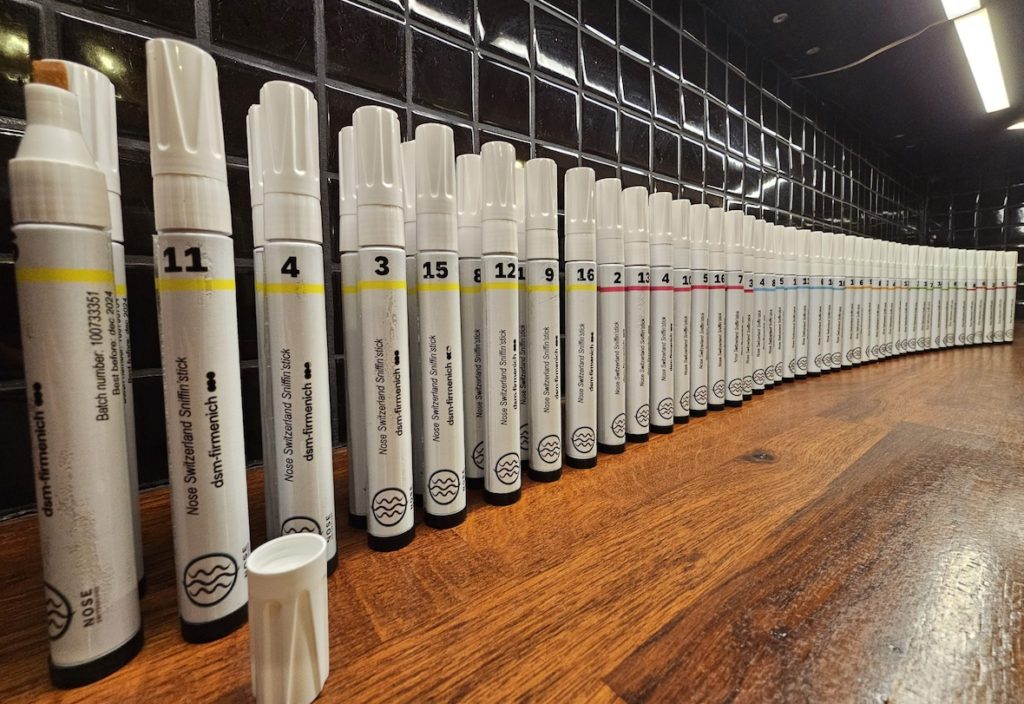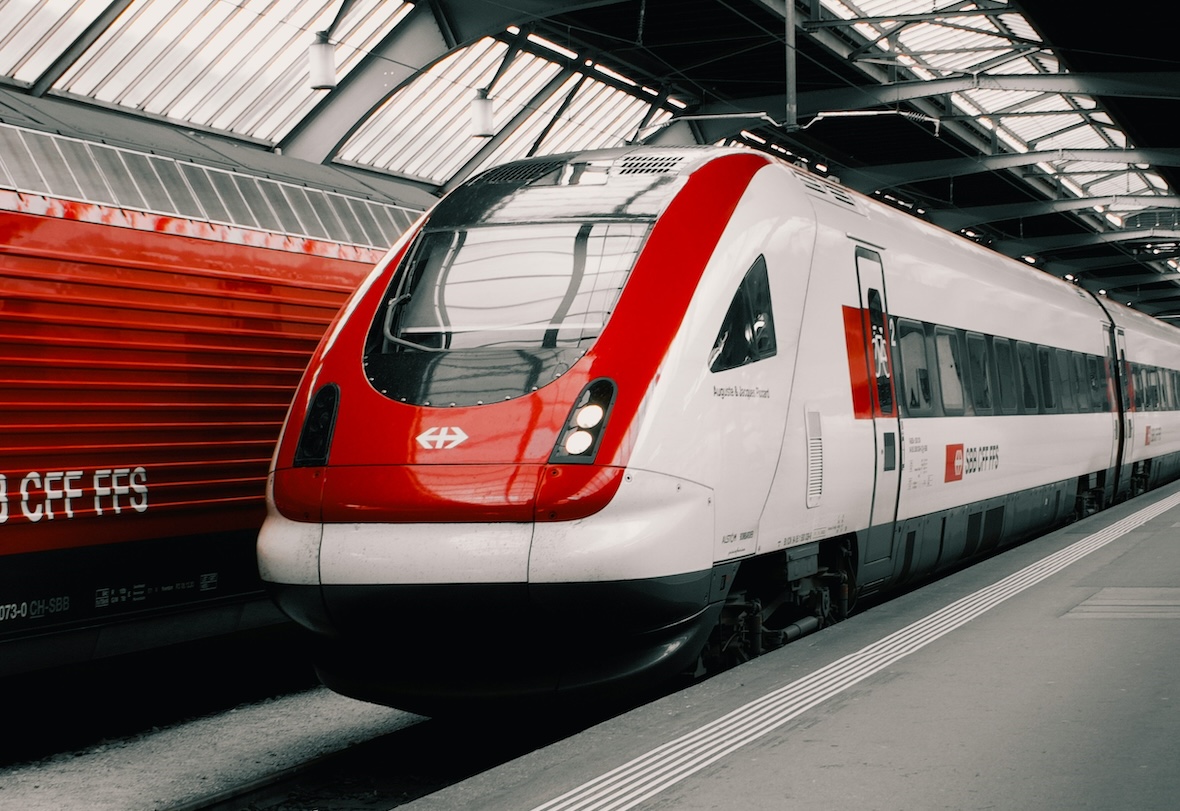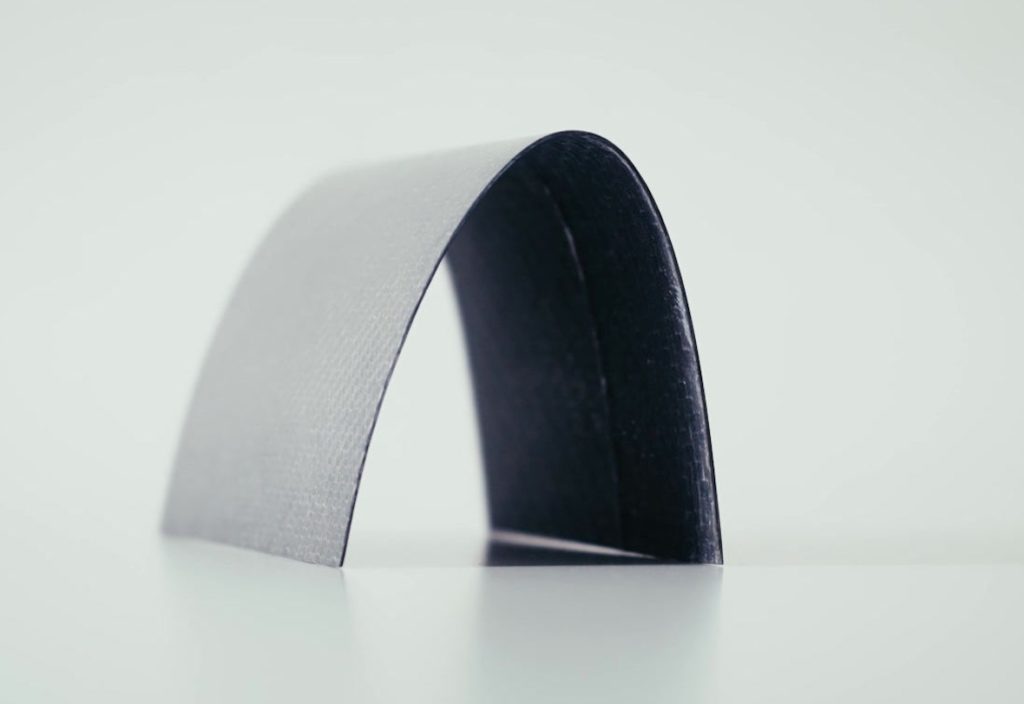
CompPair partners with SBB to extend the durability of ICN trains
10 September 2025
 CompPair’s HealTech™ composites enable in-situ repairs in minutes, cutting downtime and waste in rail maintenance. | © SBB
CompPair’s HealTech™ composites enable in-situ repairs in minutes, cutting downtime and waste in rail maintenance. | © SBB
CompPair’s self-healing composites will be integrated into the ICN train fleet to reduce maintenance, extend component lifetimes, and boost sustainability.
Swiss Federal Railways (SBB) has partnered with CompPair Technologies, a Vaud-based scale-up and EPFL spin-off, to improve the durability and sustainability of its ICN train fleet. The collaboration focuses on cowcatchers, which are the front components of locomotives that are prone to frequent impact damage and often require replacement.
By adopting CompPair’s HealTech™ regenerative composites, SBB aims to reduce maintenance interventions and extend the service life of these parts. The technology allows damaged composite components to be repaired directly in place within minutes, eliminating the need for full replacements and significantly lowering downtime and operational costs.
Driving efficiency and sustainability
“Our goal is to showcase how advanced materials can make a tangible economic and ecological difference in the daily operations of the rail industry,” said Amaël Cohades, CEO of CompPair. The partnership aligns with SBB’s ambition to combine operational efficiency with sustainable resource management. “CompPair’s solution offers an exciting opportunity to reduce material waste and maintenance costs while increasing the service life of key components,” added Pascal Vock, Head of Research and Innovation at SBB.
The initiative will see CompPair’s composites integrated into the refit program of ICN trains beginning in 2025 through SBB’s existing suppliers, ensuring seamless adoption within current maintenance processes.
Scaling adoption across industries
CompPair has been scaling rapidly since its launch in 2020, with its self-healing composites gaining traction in sectors ranging from aerospace and wind energy to sports equipment. The company has already collaborated with Salomon and Decathlon to develop repairable sports gear, and with the Ariane Group to explore reusable launch systems. More recently, partnerships with the European Space Agency and Airbus Defence and Space have reinforced the technology’s relevance in advanced mobility applications.

